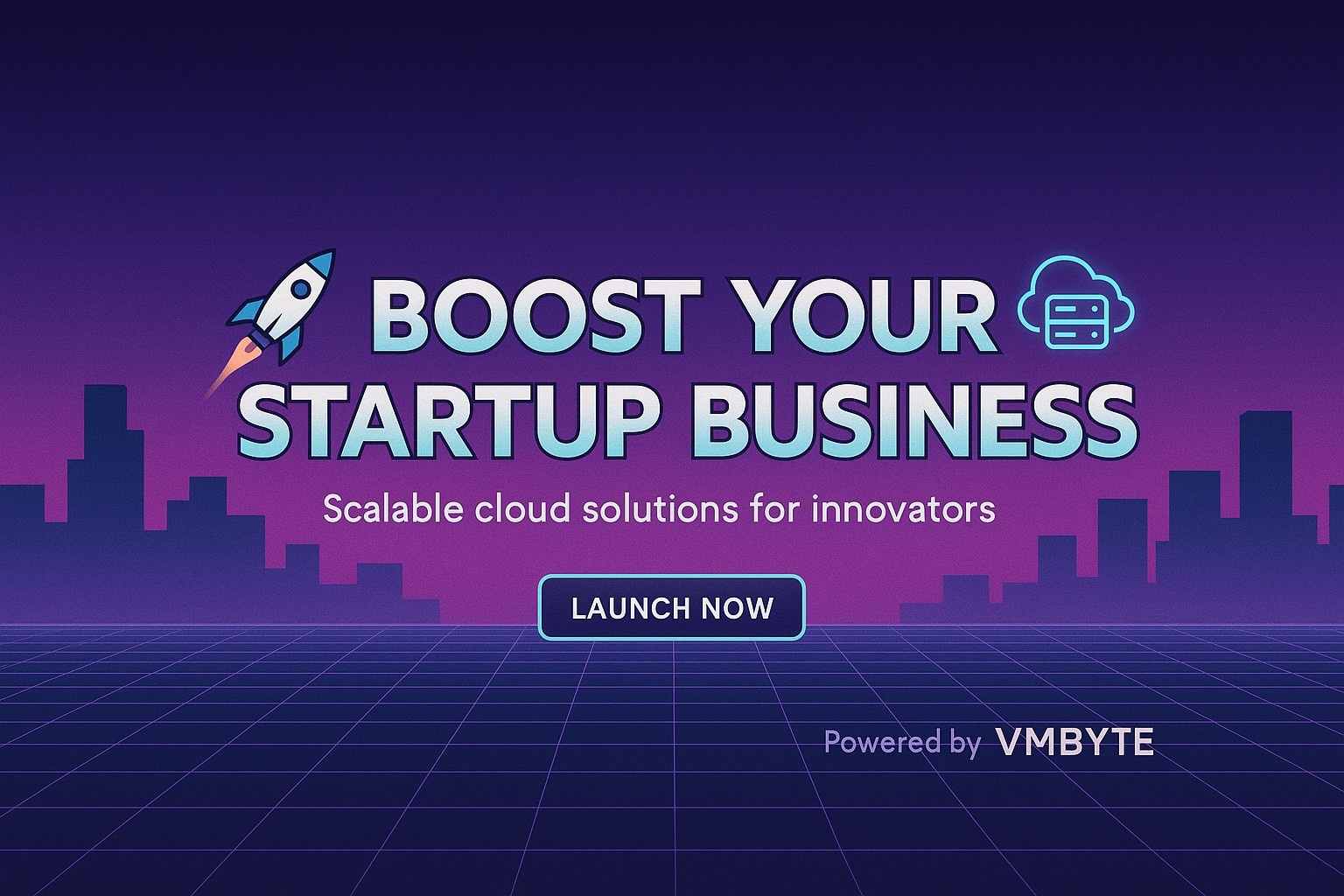
Why Startup Investors Are Changing the Rules: From Revenue Growth to Profitability — How Your Cloud Bill Could Make or Break You
In the last decade, startup culture often celebrated “growth at all costs” — pouring capital into user acquisition and top-line revenue, even if losses piled up. But in recent years, the tide has shifted. Investors are no longer just chasing revenue multiples; they’re looking for companies that can reach operational profitability faster.
The wake-up call came with rising interest rates, tighter capital markets, and a sobering tech stock correction. Investors who once prioritized hyper-growth are now focusing on sustainable business models.
As Sequoia Capital noted in its widely circulated 2022 memo “Adapting to Endure”:
“Capital is no longer free. Companies that can demonstrate they can self-fund their growth will have a strategic advantage.”
Similarly, Benchmark Capital’s Bill Gurley has emphasized:
“Burning money on growth without a clear path to profitability is no longer a viable long-term strategy. Efficiency is the new competitive edge.”
For startups, this means optimizing costs from day one rather than treating profitability as a distant milestone.
The Hidden Cost Center: IT Infrastructure
For many tech startups, especially SaaS companies, IT infrastructure is often the single largest expense outside payroll.
Cloud hosting bills can quickly spiral into tens or hundreds of thousands of dollars a month.
Services like AWS, Azure, and Google Cloud provide immense scalability but often at high ongoing operational costs — and surprise bills are common.
In sectors like AI/ML, gaming, or streaming, infrastructure can make or break your unit economics.
Take the example of Basecamp’s founders, who publicly moved away from AWS due to cost control issues, or startups that downscaled Kubernetes clusters after discovering that cloud overprovisioning was eating 20–30% of their runway.
The Cloud Choice = Your Runway
When investors expect profitability earlier, every cost matters — and infrastructure isn’t just a line item, it’s a strategic decision.
Picking the wrong cloud vendor can shorten your runway by months. Picking the right one can extend it — giving you time to prove product-market fit and scale sustainably.
Why Startups Should Consider VMBYTE
VMBYTE offers a license-free, open-source cloud model with:
- Freedom from vendor lock-in
- Based on License-free Open Source cloud technologies
- Global data centers for low-latency performance
- Full automation to reduce DevOps overhead
- Low cost without sacrificing performance
- High-performance compute and storage for demanding workloads
- Fully automated Kubernetes management system.
Final Thoughts: Lean Infrastructure = Investor Confidence
This model allows startups to scale efficiently while avoiding the bloat of traditional hyperscalers’ pricing.
Even better — qualified startups can leverage the VMBYTE Startup Program, which provides:
- Cloud credits and discounts
- Extra onboarding support
- Guidance for cost-efficient scaling
If you’re a founder today, you’re operating in a world where profitability and cost efficiency are the new KPIs. Choosing the wrong cloud provider can turn infrastructure into a cash drain. Choosing the right one can make it your competitive advantage.
VMBYTE’s open-source, cost-optimized model paired with the VMBYTE Startup Program offers exactly what modern investors want to see — a startup that grows fast and runs lean.
